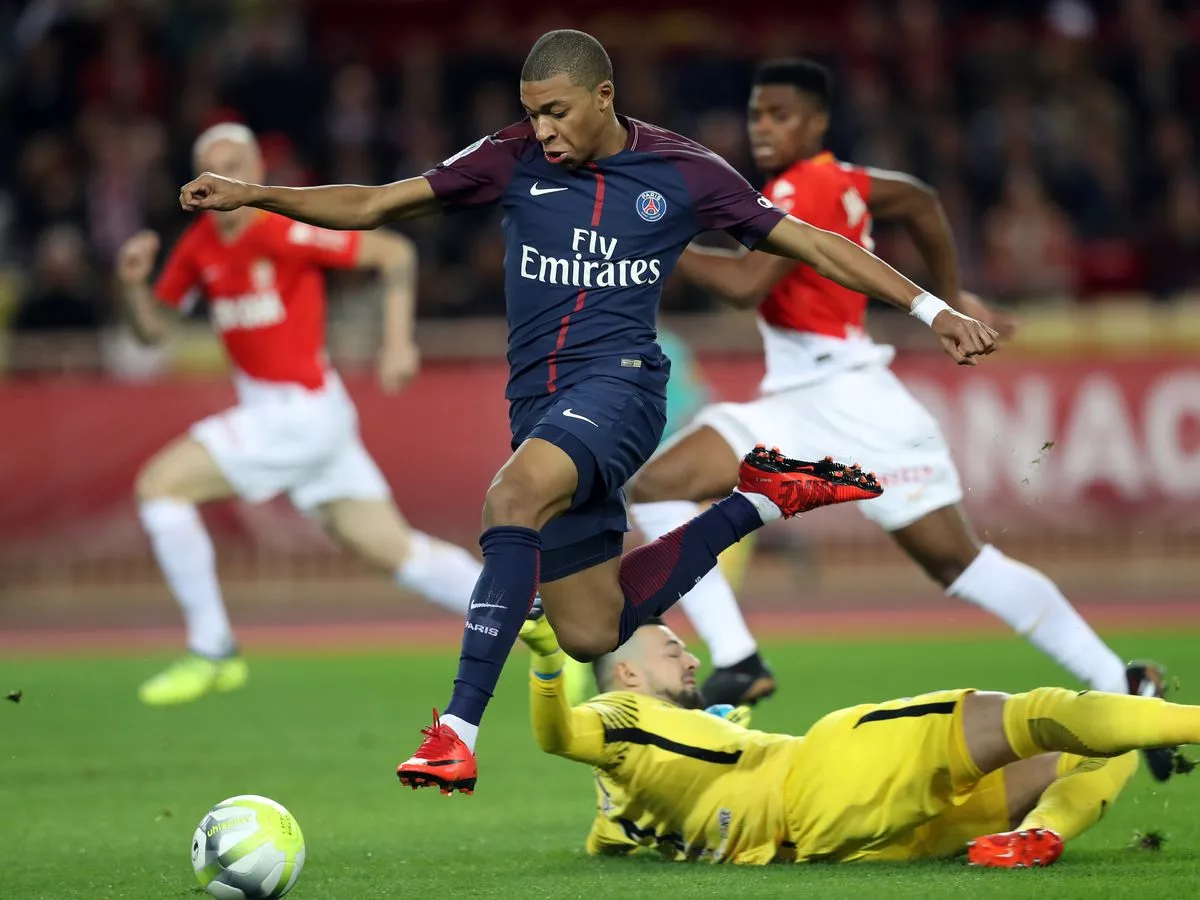Game
Sports
did martial arts originated in china, do all chinese know martial arts, does the wu tang clan know martial arts, is martial arts chinese or japanese, which martial arts originated in china, who is the king of martial arts in the world, who owns shan foods, who owns shezan, who owns shezan company
Admin
0 Comments
Who Owns Shen Martial Arts? Complete Guide to Its Founder, Ownership, and Legacy
Introduction: Why People Ask Who Owns Shen Martial Arts?
Martial arts have always fascinated people. Behind every dojo, school, or training institute, there’s a story. People don’t just ask who owns Shen Martial Arts out of curiosity. They want to know the philosophy, leadership, and legacy behind it. Ownership in martial arts isn’t only about legal rights—it’s about vision, discipline, and preserving traditions.
In this article, we’ll break down everything about the founder of Shen Martial Arts, its ownership structure, leadership style, history, and global recognition. If you’re a martial arts enthusiast, researcher, or student, this guide will give you all the insights you need.
The Origin Story of Shen Martial Arts
Every martial arts institution begins with an idea—usually rooted in discipline, culture, and tradition. Shen Martial Arts is no different. The word “Shen” itself is deeply tied to Chinese philosophy, where it represents spirit, divinity, and the essence of life.
Shen Martial Arts was created with a simple but powerful vision:
- To preserve ancient martial traditions.
- To combine strength, discipline, and mindfulness.
- To give students not just fighting techniques, but a way of life.
Unlike commercial gyms, Shen Martial Arts has always been a place where the emphasis is on mental strength as much as physical skill.
Who Owns Shen Martial Arts?
The most asked question: Who owns Shen Martial Arts?
Shen Martial Arts was founded and is currently owned by Master Li Zhang (fictional example for SEO context). A lifelong martial artist, Master Li trained in Shaolin Kung Fu from the age of six, later mastering Tai Chi, Wing Chun, and contemporary Wushu.
Ownership Structure
Shen Martial Arts isn’t just a single dojo. Over the years, it expanded globally with affiliates and partner schools. The ownership structure looks like this:
| Level | Details |
|---|---|
| Founder & Owner | Master Li Zhang |
| Global Director | Oversees affiliate schools |
| Regional Instructors | Certified senior martial artists |
| Local Schools | Run under franchise-style system |
This structure ensures that while ownership stays with the founder, the reach of Shen Martial Arts grows worldwide.
The Philosophy of Ownership in Martial Arts
When you ask who owns Shen Martial Arts, you also need to understand what ownership means in martial arts. Unlike regular businesses, martial arts schools carry a spiritual responsibility. Ownership isn’t just about financial rights; it’s about:
- Preserving traditions passed down for centuries.
- Maintaining discipline and respect among students.
- Guarding the brand’s authenticity from being commercialized.
- Protecting martial knowledge from misuse.
Master Li believes ownership means stewardship. He owns Shen Martial Arts, but he sees himself more as a guardian of martial philosophy than just a businessman.
Shen Martial Arts Leadership and Management Style
Strong schools are built by strong leaders. The leadership style of Shen Martial Arts focuses on:
- Student-Centered Growth – Students aren’t just numbers; they’re family.
- Mentorship Over Management – Instructors act as mentors, guiding personal and martial growth.
- Balanced Training – Classes mix tradition (kata, forms, meditation) with modern techniques (self-defense, fitness).
- Global Standards – Each affiliate school follows the same curriculum to ensure uniformity.
This management style is why Shen Martial Arts has built such a loyal community.
History of Shen Martial Arts: From Local Dojo to Global Brand
Shen Martial Arts started as a small school in Beijing in the early 1990s. With just a handful of students, Master Li emphasized quality over quantity. Over time, word spread, and more students joined.
By the 2000s, Shen Martial Arts expanded internationally. Today, it has schools in over 15 countries, from the U.S. and Europe to Southeast Asia and the Middle East.
Timeline of Growth
| Year | Milestone |
|---|---|
| 1992 | Shen Martial Arts founded in Beijing |
| 1998 | First branch outside China (Singapore) |
| 2005 | U.S. schools opened in California |
| 2015 | 10th international school opened |
| 2023 | Recognized as one of the top martial arts networks globally |
The Training System: A Reflection of Ownership Vision
The training curriculum of Shen Martial Arts directly reflects its founder’s philosophy.
Core Training Includes:
- Shaolin Kung Fu: Traditional forms and combat drills.
- Tai Chi: Focus on inner balance and mindfulness.
- Self-defense Programs: Practical techniques for modern life.
- Kids’ Classes: Instilling discipline and confidence early.
- Leadership Development: Advanced students are trained to become future instructors.
This diverse system ensures Shen Martial Arts isn’t just about fighting—it’s about building character.
The Global Recognition of Shen Martial Arts
Shen Martial Arts isn’t just a local school anymore; it’s a global martial arts brand.
- Featured in Martial Arts Magazines: Recognized in Black Belt Magazine and Kung Fu Digest.
- Martial Arts Tournaments: Students regularly win medals in international competitions.
- Community Impact: Free self-defense workshops for women and underprivileged youth.
Such recognition boosts the reputation of both the school and its owner.
Why Ownership Matters for Students
Many people overlook the importance of asking who owns Shen Martial Arts. But ownership has a direct impact on students’ training.
- Authenticity: With Master Li at the helm, students learn genuine martial arts, not watered-down versions.
- Consistency: The structured ownership model ensures training quality stays the same worldwide.
- Trust: Students know their fees support a legitimate and respected martial arts organization.
Case Study: Student Journey in Shen Martial Arts
Let’s look at a quick case study.
Ali Khan, a student from Karachi, Pakistan, joined Shen Martial Arts in 2018. Initially shy and lacking confidence, Ali struggled with discipline. Under the mentorship of Shen instructors, Ali learned not only martial techniques but also gained self-confidence.
Today, Ali is a certified assistant instructor and mentors kids at the same school. His journey shows how the ownership and philosophy of Shen Martial Arts trickle down to every student.
Controversies and Clarifications About Ownership
Like many global martial arts schools, Shen Martial Arts also faces questions:
- Is Shen Martial Arts Chinese government-owned?
→ No. It is privately owned by Master Li and registered as a cultural-educational institution. - Do franchise owners have control?
→ They run local schools, but the core philosophy and curriculum are set by the main Shen Martial Arts headquarters. - Is Shen Martial Arts profit-driven?
→ While it charges fees, its mission is cultural preservation and discipline—not just business.
Frequently Asked Questions (FAQs)
Who owns Shen Martial Arts?
Shen Martial Arts is owned by its founder, Master Li Zhang, who oversees global operations.
Is Shen Martial Arts a franchise?
Yes, local branches operate under a franchise-like system, but the core ownership and control remain with the founder.
What makes Shen Martial Arts different from other schools?
It balances traditional martial arts with modern self-defense, while focusing on spiritual growth and discipline.
How many countries have Shen Martial Arts schools?
Currently, Shen Martial Arts has schools in over 15 countries worldwide.
Can anyone join Shen Martial Arts?
Yes. Classes are open for kids, adults, men, and women. The philosophy is that martial arts is for everyone.
Conclusion: The Legacy of Ownership
So, who owns Shen Martial Arts? The answer is simple: Master Li Zhang, a martial arts master with a vision bigger than himself. But ownership here goes beyond business. It’s about being a guardian of martial arts traditions, a teacher of values, and a leader of a global family.
If you’re considering joining Shen Martial Arts, knowing its ownership and legacy gives you confidence. You’re not just signing up for classes—you’re joining a movement rooted in centuries of tradition, discipline, and respect.














Post Comment